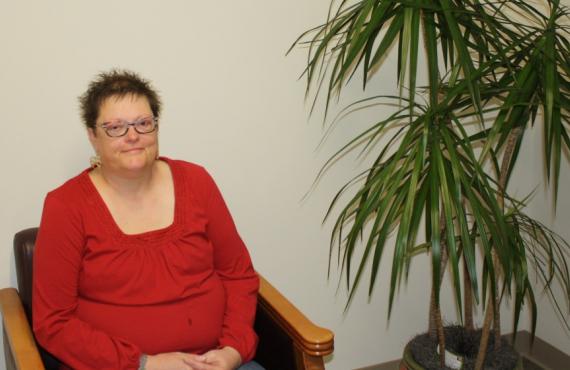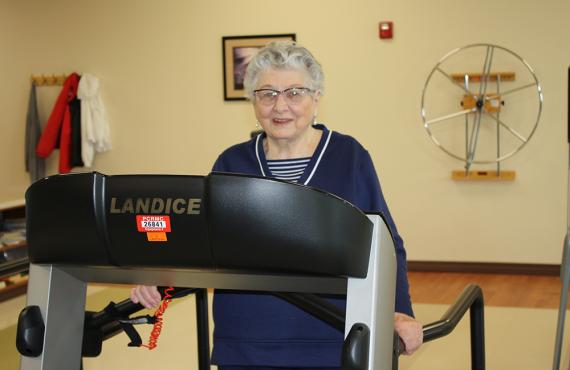Published on January 15, 2021
Read Time: Three Minutes
Cory Offutt, MD, a Phelps Health family medicine physician, answers common questions about COVID-19 vaccines.
Is the COVID-19 vaccine safe?
“It [COVID-19 vaccine] is very safe,” Dr. Offutt said. “It is actually even considered somewhat safer than a large number of the other vaccines that we have on the market because there is absolutely no live virus used in the making of the vaccine at all.”
Can a person get COVID-19 from the vaccine?
The COVID-19 vaccine cannot give you COVID-19, according to Dr. Offutt. The messenger RNA (mRNA) in the vaccine includes instructions for your body to recognize the spike protein on COVID-19 and then form antibodies.
Is there mercury in the COVID-19 vaccine?
“There is no mercury whatsoever. Even the mercury in other vaccines…is actually the safe form of mercury and not the toxic form of mercury,” Dr. Offutt said. “There's actually less mercury in any of the vaccines than there is in your common foods that you consume on a daily basis.”
Which vaccine is better - Moderna or Pfizer-BioNTech?
Both vaccines are around 95% effective. Pfizer's COVID-19 vaccine fact sheet can be found here. Moderna's COVID-19 vaccine fact sheet can be found here.
Should pregnant patients get the vaccine? Is it safe for them?
“There were no pregnant patients included in the clinical trials, and that’s just standard,” Dr. Offutt explained. Pregnant patients are not usually included in clinical trials unless the treatment is specifically targeted for pregnant patients. “Each individual patient needs to be speaking with their healthcare provider [about the COVID-19 vaccine].”
Why do the Moderna and Pfizer-BioNTech vaccines come in two doses?
The vaccines are given in two doses to make sure that people have an adequate immune response to the vaccines. “It's just like whenever we get vaccines as children; we have booster vaccines, and that second dose is a booster,” Dr. Offutt said. “The first time you're exposed to it [COVID-19 vaccine], it's been shown that you develop maybe a 50% response that you would need to fight off a pretty serious exposure and infection, and then the second dose bumps you up to around 95%.”
When does the vaccine begin providing protection and how long does protection last?
The protection provided by the COVID-19 vaccines usually takes up to 14 days to develop a full antibody response, Dr. Offutt explained. In those 14 days after getting the vaccine, you still can get COVID-19. How long protection lasts with the vaccine is unknown at this time.
Who should not get the vaccine?
The Pfizer-BioNTech vaccine is not recommended for children under age 16, and the Moderna vaccine is not recommended for children under the age of 18. Children in those age groups were not included in the clinical trials. You also should not get the vaccine if you are allergic to its ingredients. See a list of ingredients in both vaccines.
For More Information
Learn more about COVID-19 and COVID-19 vaccines.

